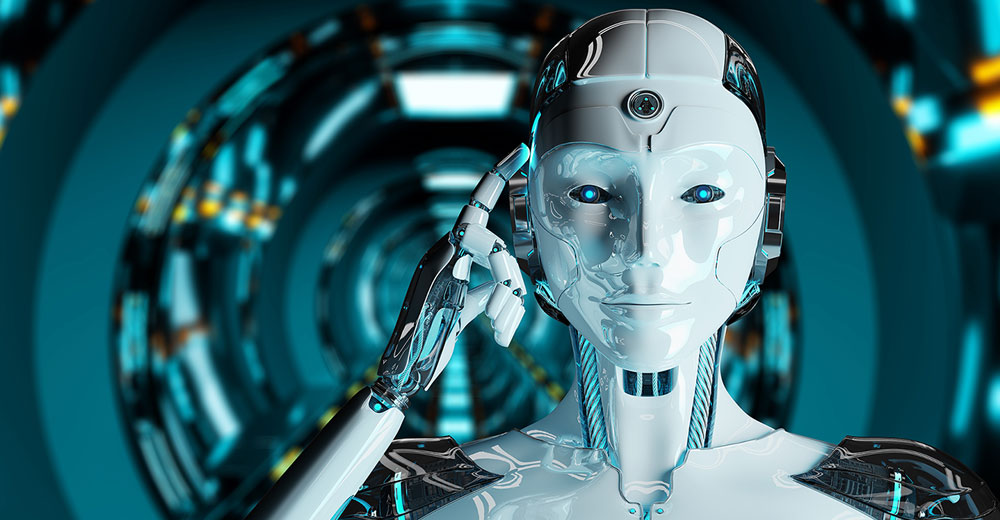As artificial intelligence (AI) continues to reshape various aspects of our lives, its impact on children has become a subject of concern and fascination. Experts warn that the lifelike interactivity of AI chatbots and products may lead children to form emotional bonds with these technologies, potentially overshadowing human relationships and hindering social skills development. While AI presents exciting possibilities in education and entertainment, its potential to simulate relationships through artificial intimacy raises questions about its long-term effects on young minds. In this article, we explore the perspectives of psychologists on how AI affects kids and the importance of guiding children to use technology in a way that complements their growth and development.
The Allure of Artificial Intimacy: Psychologist Banu Kellner highlights the ability of AI chatbots and products to offer precisely what children desire, leading them to form deep bonds akin to those with toys. Children may come to rely on AI for emotional support and engagement, potentially neglecting complex human relationships. This concern extends to emerging AI products simulating relationships, such as AI friends or romantic partners. As AI continues to advance, the potential for more realistic artificial intimacy increases, necessitating a thoughtful approach to its integration into children’s lives.
Striking a Balance in Education: The education sector is witnessing a surge in AI-focused companies like Carnegie Learning, Cognii, and Kidsense, offering personalized learning experiences. For instance, PinwheelGPT, a “kid-safe” AI chatbot, aims to engage children aged 7-12 while maintaining age-appropriate boundaries. Similarly, Khanmigo on the Khan Academy learning platform leverages AI to interact with students, mimicking historical figures to enhance learning experiences. While AI in education holds promise, experts emphasize that it must foster essential life skills and social interactions rather than replace them entirely.
Addressing Mental Health Concerns: AI-driven mental health support, such as OpenAI’s ChatGPT, offers instant assistance. However, psychologists caution against relying solely on AI for complex emotional support, as human therapists provide nuanced and empathetic care essential for certain conditions. The rise of AI companions and chatbots raises concerns about people substituting human interactions with AI-based solutions, potentially exacerbating feelings of loneliness and isolation.
Challenges and Responsibilities: Critics argue that tech companies capitalize on human psychology, engaging users through AI-driven platforms and products, which can disproportionately impact children who have less-developed executive functions. The addictive nature of AI-driven engagement underscores the importance of considering the ethical implications of AI use in social media platforms, where AI-generated content can affect mental well-being and self-esteem.
Empowering Children for a Successful Future: As AI integration becomes more prevalent, it is crucial to strike a balance and guide children to use technology responsibly. Instead of relying solely on AI, parents should actively engage with their children and provide guidance to ensure AI complements their growth rather than replacing genuine human connections.
The impact of AI on children raises critical questions about artificial intimacy and its implications for social development. While AI offers exciting possibilities in education and entertainment, its role in children’s lives demands thoughtful consideration and guidance. By empowering children to navigate the world of AI responsibly and fostering meaningful human interactions, we can create a future where AI serves as a valuable tool without overshadowing the essence of genuine human relationships.
- How does AI affect children’s social development? AI’s lifelike interactivity can lead children to form emotional bonds, potentially overshadowing human relationships and hindering the development of essential social skills.
- What are the concerns about AI simulating relationships? The emergence of AI products simulating relationships, like AI friends or romantic partners, raises concerns about children becoming overly reliant on AI for emotional support and engagement.
- How can AI be used responsibly in education for children? AI-focused companies in education should ensure that AI products foster life skills, including social skills, and complement human engagement rather than replacing it.
- Does AI-driven mental health support have limitations? While AI chatbots can provide instant mental health support, they cannot replace the nuanced care provided by human therapists, which is essential for certain conditions.
- What are the ethical considerations of AI’s use in social media platforms? AI-driven engagement in social media can lead to addictive behaviors and affect mental well-being, especially for children who have less-developed executive functions.











